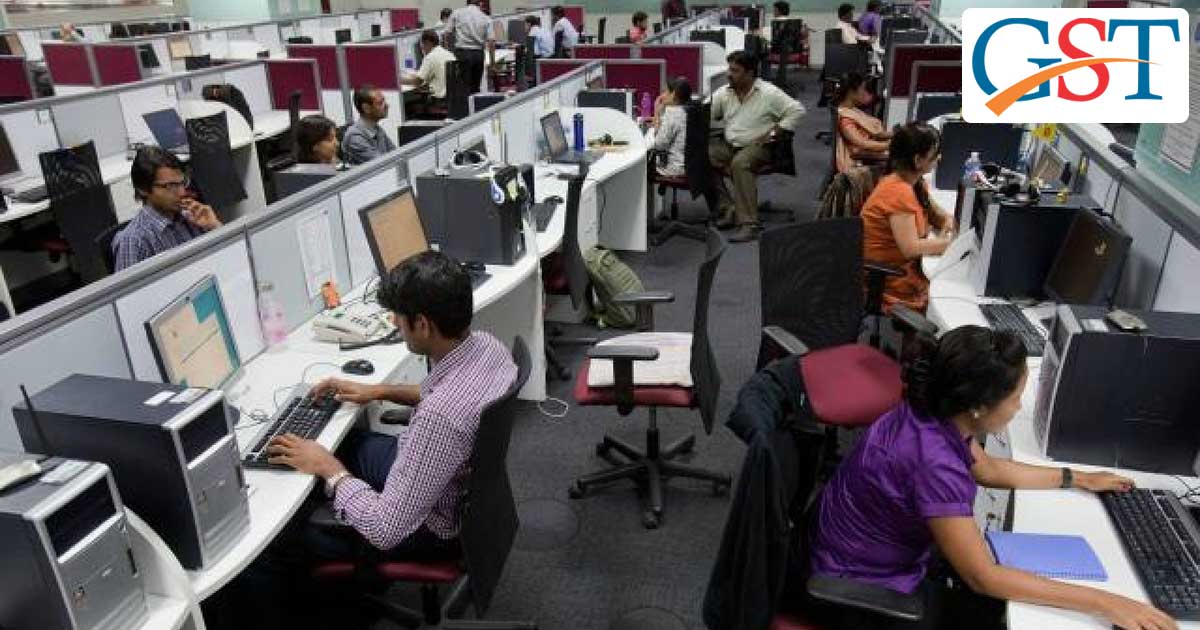The Indian IT (Information technology) Industry has been amongst the ones who were impacted by the last year’s implementation of the goods and services tax. Even though the IT companies of India mostly get their business from foreign clients, the GST impacts on their operations were still somewhat visible. As we move ahead in a post-GST era, the issues are being dealt with, one at a time.
According to NASSCOM (National Association of Software and Services Companies), the focus now is on dealing with prevailing GST issues such as centralized registration, refund issues and that of TCS (tax collected at source) for e-commerce firms operating in the country.
As per GST norms, a business operating in multiple states must acquire a separate registration in each such state, however, that condition is not applicable to the IT sector. “The focus is on centralised registration, (to prevent) a company from registering in multiple states. We are in exports so we don’t really do business that way,” said Sangeeta Gupta, Senior Vice President at NASSCOM, commenting on the issue.
There was also news about the GST Council considering to review the law regarding “centralised registration for large service providers operating across ten or more states with an annual aggregate turnover exceeding Rs 500 crore”.
Another major issue being faced by the IT companies is of refunds, which are not being allotted on time. NASSCOM is reportedly working on accelerating the process with the government. Even the GST Council is not untouched over the issue of tax refunds. It has been reportedly considering changes in the input tax credit rules to allow a refund of tax paid on major services such as rent-a-cab and others, which is expected to have an impact on the IT industry as well.
However, the biggest and most crucial issue that NASSCOM has been trying to solve for a long time along with the GST Council is that of TCS, also known as tax collected at source. As per the GST Law and Regulations, electronic commerce operators involved in the sales of digital products and other goods and/or services through a website or mobile app to people in India are required to charge TCS and pay tax to the government. The rule also applies to e-commerce operators who own, manage, or operate an electronic store for sales.
Read Also: Goods and Services Tax Impact on the Indian IT Industry
Only this week, in a notice released by the revenue department, it was said that GST provisions in relation to TCS will be further postponed for another three months. Gupta supported the step saying, “We need a solution that is long-term. But the GST Council has been very accommodating in hearing our issues out and working with industry.” She accepts that GST definitely causes a compliance problem for the large IT service companies of India.









